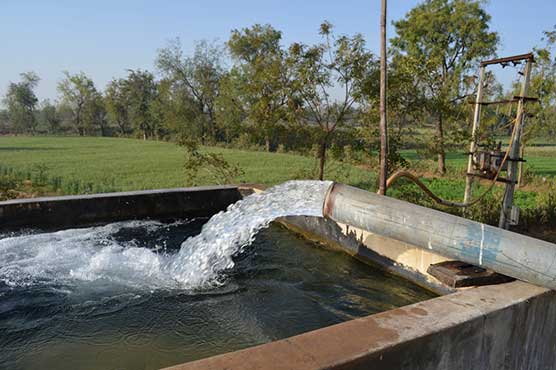The Punjab Irrigation Department is contemplating an increase in water tax (abiana) rate per acre under the Culturable Command Area while facing around 20pc shortfall in the overall targeted collection.
These measures have backfired in the past due to resistance from farmers even after relentless pressure from international lenders to recover the cost of maintenance of canals from cultivators.
The department collects water tax as service charges through the patwari and the revenue department and through five area water boards in five canal circles and farmers organisations (FOs) at distributary level.
A senior official stated that a proposal is under consideration to raise the annual flat rate by about 50pc but the irrigation and finance departments, despite various meetings, have failed to reach a decision.
The government has been levying an annual flat rate of Rs135/acre (Rs50 for Rabi crop and Rs85 for Kharif crop) for the last 12 years, whereas the supply of water costs the government Rs875/acre.
Under a phased strategy and pressure from international financial institutions, the water rates will increase to Rs1200-1800/acre, jumping from Rs135 to Rs850/acre in the first leg, according to unconfirmed reports. The rates would be subject to revision and will be increased every two years.
The mode of collection will also undergo a change. Instead of payments being made in revenue offices, they will be done through banks and the systems will also be computerised. It is also under consideration that cemented canals will be given to the private contractors who will determine the abiana rate. This may require revision in the Canal and Drainage Act 1873.
As per official statistics of the Punjab Irrigation and Drainage Authority (PIDA), the abiana collection for the fiscal year 2015-16 was 80pc of the total assessment.
The farmers always protest on being deprived of their due water share, increasing water theft and diversion of their share to influential landlords.
President Dr Ibrahim Mughal of Agri Form Pakistan thinks that increasing abiana rates will not have a detrimental effect on the productivity of farmers and agriculture if collected properly and spent on the maintenance of canal, distributaries and water courses for improved water supply to the deserving farmers.
Curbing water theft is a big challenge for the department and it is crucial to ensure that water supply is maintained if the farmers are expected to pay abiana without any opposition, he stated.
Mughal mentioned that the constitution of FOs and AWBs has failed in protecting the water rights of small farmers and he proposed the semi-privatization of canal maintenance and abiana collection.




